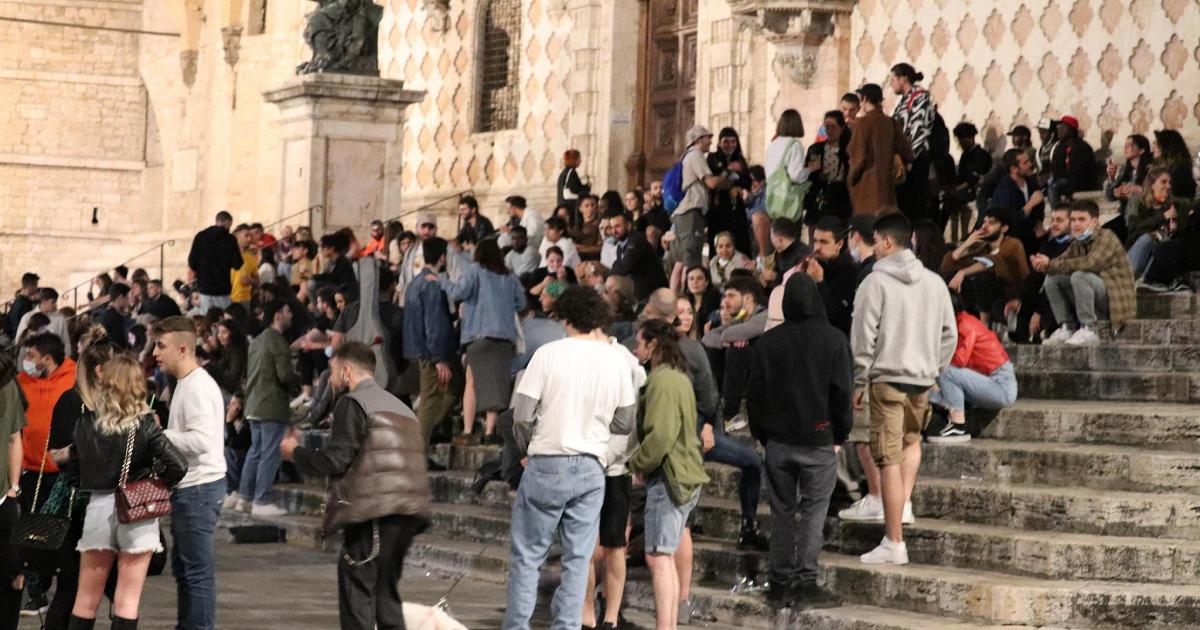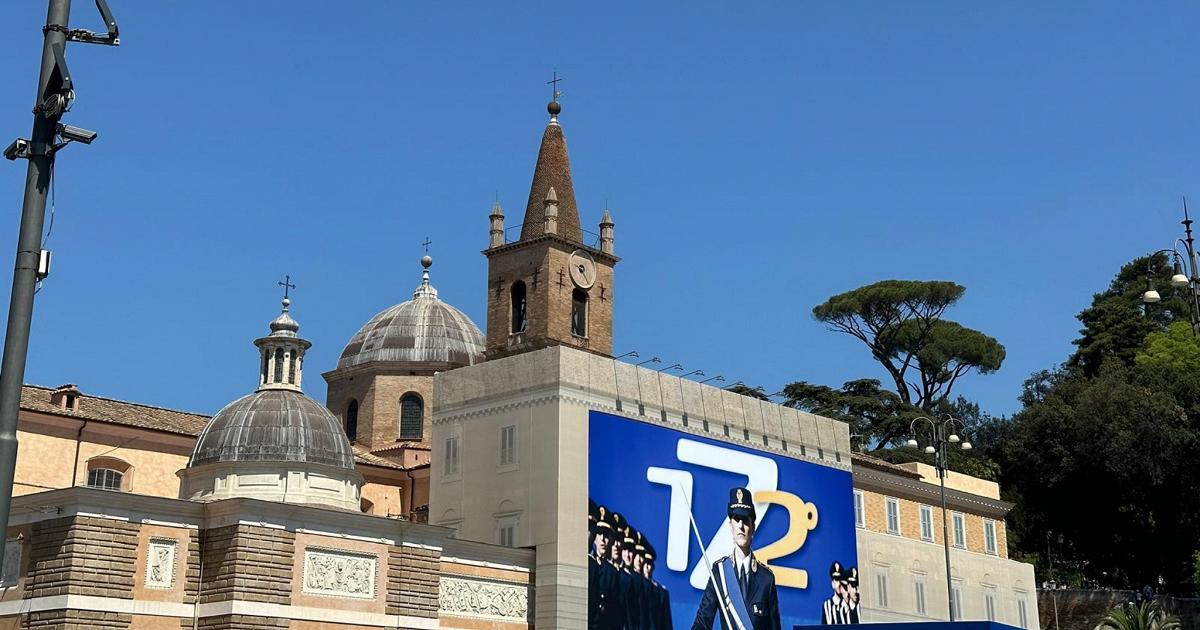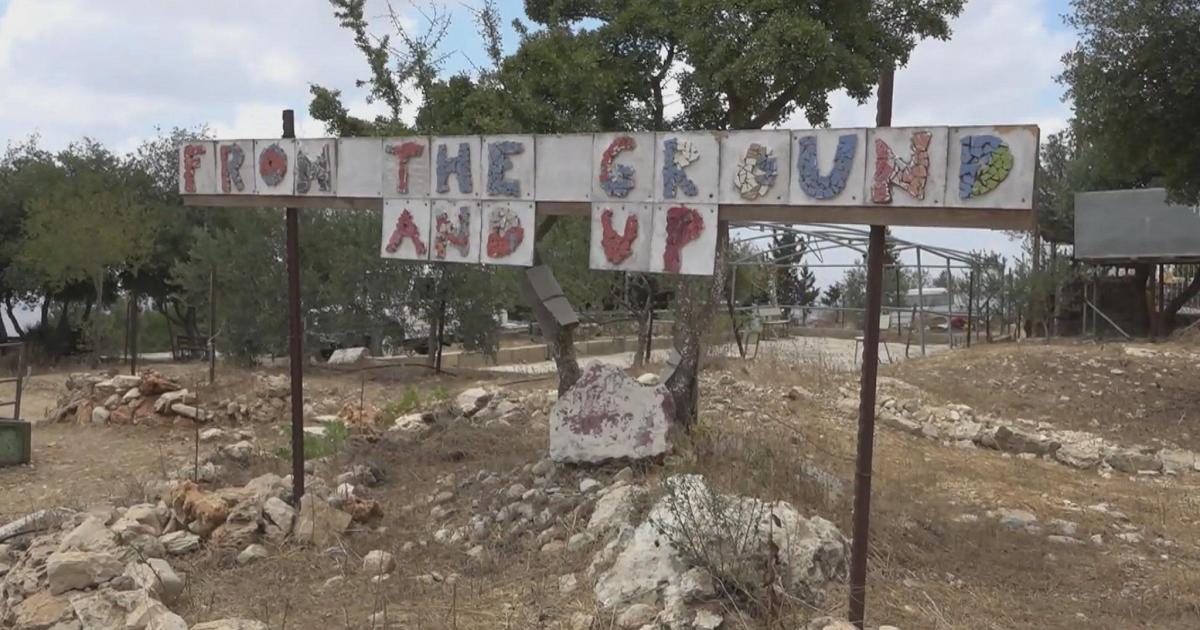“Guys, let's have an aperitif This evening? I also invite Luca, he is under a train, he wanted it to like with Léa, but he took a pole“.
Grammatical errors? No, simply the Italian language spoken by very young peopleTHE. A conversation which, in traditional Italian, would be: “Guys, are we going to have an aperitif this evening? I'm also inviting Luca, he's depressed, he wanted to get engaged to Léa, but he was refused.”
words or expressions borrowed from advertising, cinema, the internet or video games, spoken informally and often jokinglytruncations, foreignisms and dialectal forms blend into the “juvenile“, the language of young people – often difficult for adults to understand – widely used among themselves and widely used on social networks.
More than a thousand words and many informal phrases of this language they were collected by a group of students of Communication Sciences at the university Lumsa of Rome in a volume entitled “Good! A little glossary of a twisted language” (Edicions de l'Alguer), edited by Patrizia Bertini Malgarini And Marzia Cariateachers of Italian linguistics in the same university. One of the curators, Bettini Malgarini, speaking about the new way of expressing young people, emphasizes that the one spoken by young people is “a language that has a relevant scientific aspect – underlines the teacher – a ggreat imagination, enormous creativity“.
Now in its third edition, the glossary suggestscompared to that of previous editions, some innovations, notably the entry of ed words local scope expressions (mainly from Sardinia, in addition to the precedents of Rome and Lazio) and rumors related to TikTokone of the most popular social networks among young people.
Alongside terms already used for some time – from the very lucky “postare” (to publish something online, derived from the English “to post”) to “beccarsi” (to meet), “clicking“(put someone in a clan, a group) and”devalue“(I'm losing my mind) – some more recent ones have been added: from “dabloon” (fictitious piece born on TikTok: “this sweater cost me four dabloons”) to “ghost“(ignoring someone you were dating) and “friend zone» (be friends with someone we like); Since “Failure” (game software error: “this game is full of bugs!”) to “gigachad” (strong and muscular person: “Lorenzo is a real gigachad”).
Also back in fashion”Maranza», a term already present in 1988 in a song by Jovanotti, today used in a pejorative sense: “How many maranzas are there around! “. We can also hear “What is drop Marco's new sweatshirt” (Marco's new sweatshirt is magnificent); or even “stop explode me» (stop destroying me emotionally) and “my friend and I got dressed mecca” (in the same way).
Very common dialect forms which vary from one territory to another: from the novel “melt“(works at one hundred per hour, derived from “piatta”, one hundred lire coin) and “mortazza“(mortadella), to the north”burden“(chiasso), in Neapolitan”Frisco“(to designate a vigorous young man), to the Tuscans”Bischero“(idiot) and “boscare” (miss an appointment), in Sicilian”shit» (hence the popular “bimbominchia”).
Finally, the suffixes -oso and -ata are very popular: from “palloso” (boring) to “soft” (delicate), from “gufata” (sentence which brings bad luck) to “cinematic” (poor quality item); THE truncations: “guys“(guys) and “brother” (brother, from English brother); e acronyms: from “Omw” (I arrive: “Omw, wait three seconds”) to W8 (wait: “W8, I'm going to the toilet”). Finally, greetings to everyone: “Good morning!”
 Handle
Handle Caption: A group of students on a school trip – archive image


